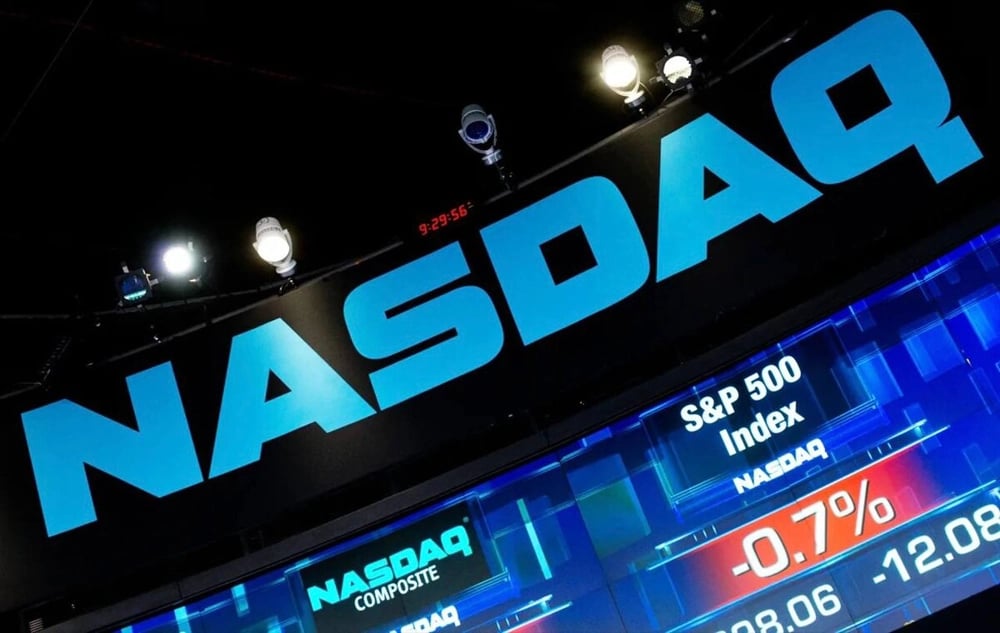Geopolitical Tensions Trigger Pullback on U.S. Equities
U.S. equity markets posted their first weekly loss in three weeks amid rising geopolitical risk in the Middle East. The S&P 500 Index $^SPX fell 1.1% on Friday, marking its steepest single-day drop since May 21. The Nasdaq 100 $^NDX retreated 1.3%, driven by broad weakness in megacap technology stocks.
The sell-off followed reports of Israeli airstrikes on Iran and retaliatory action from Tehran, escalating fears that the conflict could extend beyond regional boundaries. Investors responded by reallocating capital toward safer assets, with U.S. Treasuries and gold seeing increased inflows. Defensive sectors such as utilities and consumer staples outperformed, highlighting the market's pivot to capital preservation.

Tech Giants Face Broad-Based Pressure
The so-called “Magnificent Seven”, a group of dominant tech and growth names, recorded a collective decline of approximately 0.8%. Only Tesla Inc. $TSLA bucked the trend, closing 1.9% higher, while other heavyweights posted losses:
Nvidia Corp. $NVDA;
Apple Inc. $AAPL;
Alphabet Inc. $GOOG;
Microsoft Corp. $MSFT;
Meta Platforms Inc. $META;
Amazon.com Inc. $AMZN.
These stocks, which have driven much of the recent market rally, showed vulnerability to macro shocks, especially amid concerns over global demand and supply chain stability. The technology sector’s sensitivity to geopolitical risks has resurfaced, reinforcing its dual role as both a growth engine and a source of volatility.

Weekly Performance Reflects Risk Reassessment
Despite strong economic indicators in recent weeks, rising geopolitical uncertainty altered investor positioning. For the week:
S&P 500 slipped 0.4%.
Nasdaq 100 declined 0.6%.
This reversal suggests a recalibration of equity risk premiums, with volatility likely to remain elevated in the short term. Options market activity reflected a spike in hedging demand, signaling institutional concern over further market dislocation. Cross-asset correlations also rose, often a hallmark of systemic stress or flight-to-safety behavior.
Broader Market Sentiment Hinges on Escalation Risk
The potential for broader conflict in the Middle East has emerged as a key tail risk. A sustained escalation could disrupt global oil markets, impact trade routes, and trigger policy responses from central banks monitoring inflation dynamics. The equity markets’ reaction underscores investor sensitivity to geopolitical developments and the speed at which risk-off sentiment can spread. Further deterioration in geopolitical stability may challenge risk appetite and delay capital flows back into cyclical sectors.















Comments